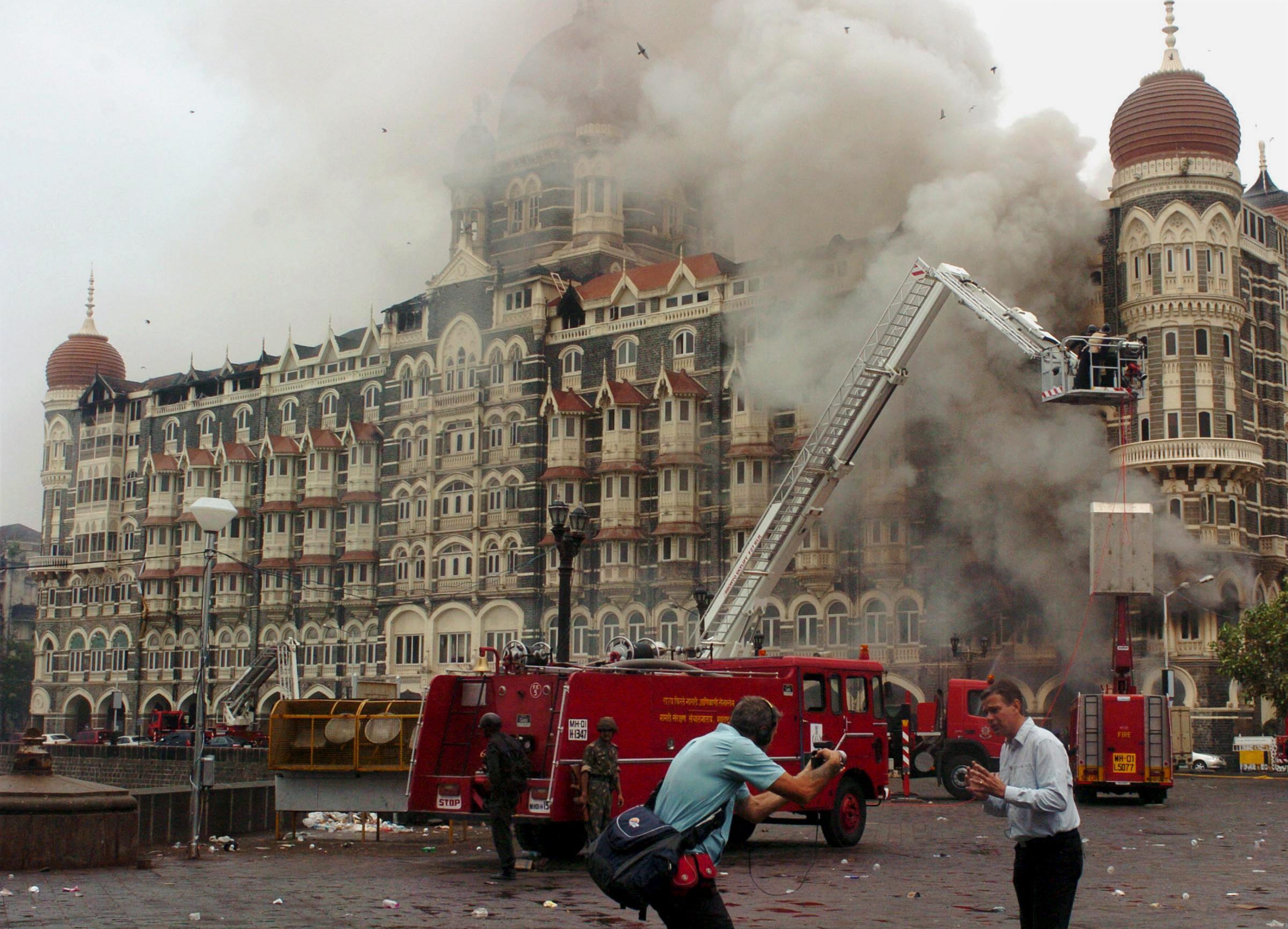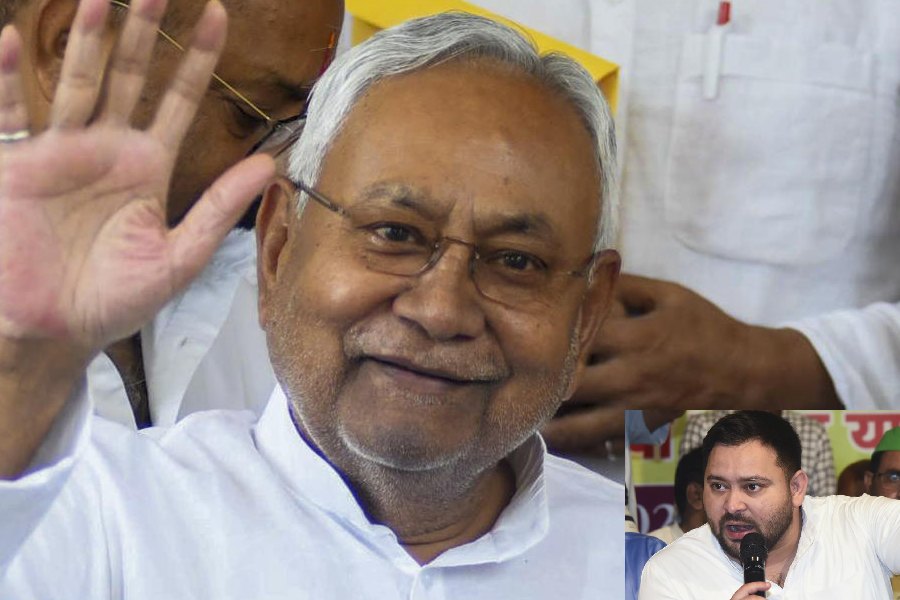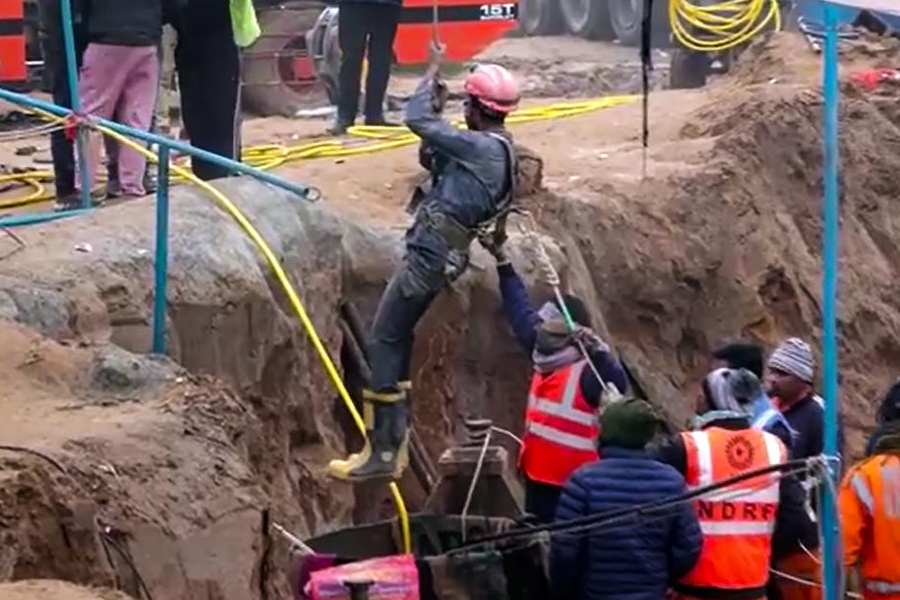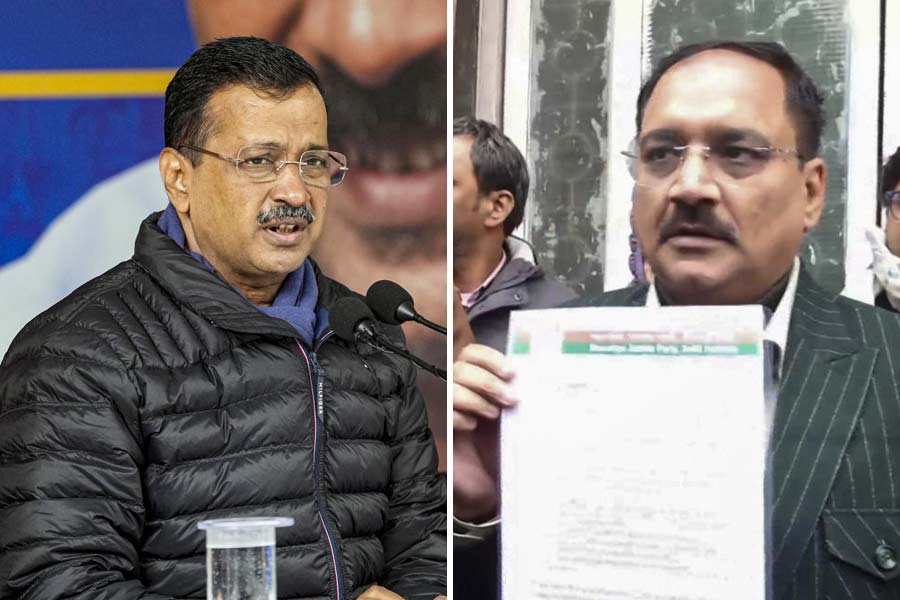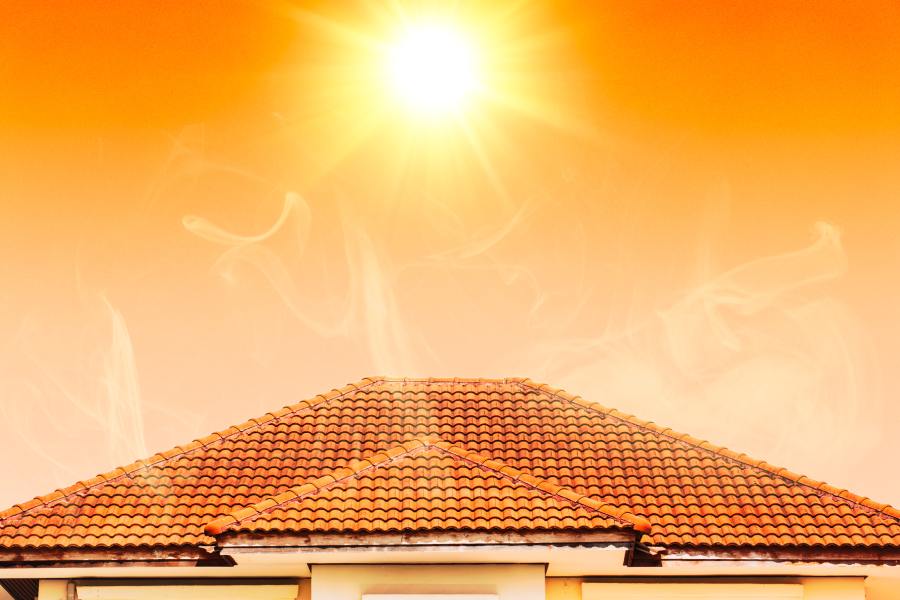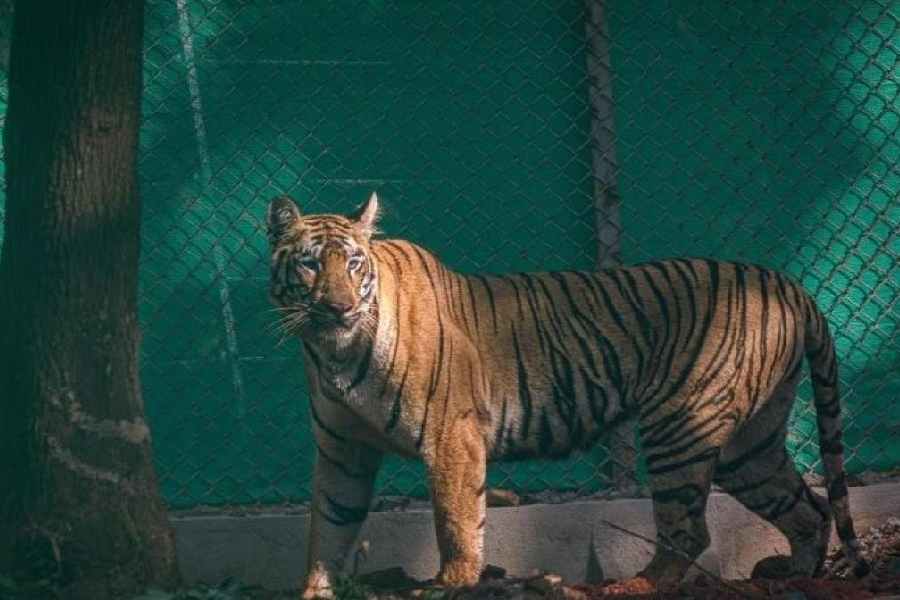My wife and I were at Taj Mahal hotel on November 26, 2008 to attend a dinner. In a brief article, which was published after the terrorist strike, I had written that what stood out in our barricaded dining room that night was the service and care provided by the hotel staff. They turned off the lights, secured the doors by tying the door handles with napkins, set up separate ‘toilets’ for the ladies and the gentlemen behind drapes and made all of us feel as comfortable as was possible under the circumstances. We were asked to switch off our mobile phones because they could provide our location to the terrorists who had killed several guests in other restaurants of the hotel and were searching for more victims.
Stuck in our darkened banquet room, without any information or means of communication, we were literally in the dark, unaware of what was unfolding elsewhere as well as within the premises. We heard the sound of gunshots and explosions. On a couple of occasions, we heard heavy footfalls outside our room.
At around 4 am, we noticed that smoke had started drifting from the ceiling into our hiding place. The water sprinklers along the ceiling were not working and the smoke became more intense. At this point we saw — with great relief — a fire brigade snorkel rise. One of the firemen broke open a double-glazed window with his axe. Rescue was finally at hand. The fireman helped each of us step out of the window and descend down the snorkel ladder. Six policemen kept vigil with their weapons to prevent the terrorist from firing on us.
It was only after we reached home and put on the television around 5 am that the enormity of the terrorist attack started to sink in. It lasted for another three days, before the last terrorist had been eliminated. Mumbai and India were stunned by the mayhem caused by a group of terrorists guided by their handlers in Pakistan. In retrospect, the role of television channels that were covering the attack live turned out to be unfortunate. They were apparently providing real-time information to the handlers of the terrorists.
This year was the 10th anniversary of the Mumbai attack. The commissioner of Mumbai police gave an interview to the local press saying that lessons had been learnt from the event and that steps have been taken to ensure that Mumbai is now well-equipped and prepared to face such an eventuality. But the question that comes to mind is this: are we really prepared? Did we act on the lessons learnt from the 1993 Mumbai riots and bomb attack? Were those lessons put to use in 2008? Have we modernized the forces and infrastructure to guard the vast coast of Maharashtra? Mumbai Police is efficient and competent. But the support of the administration for the modernization of our forces remains questionable. Are we better prepared to thwart Pakistan’s attempts to support terrorism in India?
A memorial service at the Gateway of India to pay tribute to those who laid down their lives in 26/11 is an annual event of remembrance. But the fact remains that in India, we do not value human life as dearly as we should. The terrorists did not discriminate between those they killed in five-star hotels and the ones that they slaughtered on the streets of Mumbai or at the CST railway station. It is not financial compensation but compassion, care and protection that matter. We are faced with news of starvation deaths, farmer suicides, lynching across the country. If we cared for human lives and values as a nation, we would not have remained in the state of despair we continue to be in.

